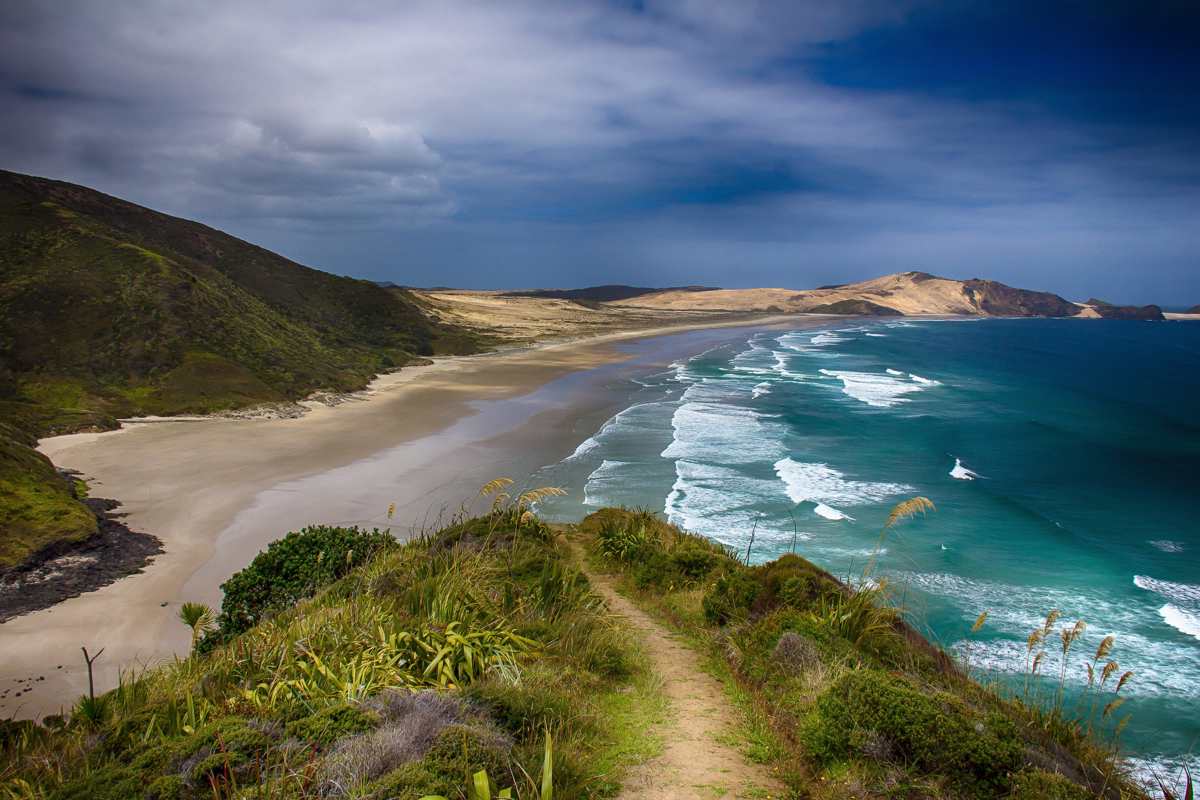Media release – ‘Huge’ data gaps undermine environmental stewardship
Environment Commissioner Simon Upton says ‘huge’ gaps in data and knowledge undermine our stewardship of the environment and is calling for concerted action to improve the system.
The Commissioner says data gaps, along with inconsistent data collection and analysis, make it hard to construct a clear national picture of the state of our environment – and whether it is getting better or worse.
“Huge gaps in environmental data and knowledge bedevil our understanding. This is in stark contrast with our economy where we are much more reliably informed. In addition, the entire system is fragmented – multiple pieces of legislation create a mosaic of requirements with unclear responsibilities across organisations,” he said.
The comments were made as the Commissioner released a detailed review of how well New Zealand reports on the state of its environment. The Commissioner has a statutory role to comment on the reports produced under the Environmental Reporting Act 2015.
The completion of the first full cycle of reports under the Act, in April 2019, provided a timely opportunity to review the entire system in detail and recommend improvements.
The 100-page report, Focusing Aotearoa New Zealand’s environmental reporting system, critiques the approach to reporting set up under the Act and outlines steps the Government needs to take to improve the system.
“These improvements will help ensure that the stewardship of our environment is focused in the right places,” Mr Upton says.
“To say we have designed a national reporting system would be to overstate its coherence. Ours has been a passive system that has harvested whatever data is there and done the best it can to navigate what’s missing. In my judgment what there is, is clearly inadequate.
“New Zealand lacks consistent, authoritative time-series data and comprehensive spatial coverage. For example, the last national survey of land cover was taken in 2012 – how can policymakers make decisions using seven-year-old data?
“Every year we delay the collection of data identified as a significant gap, we commit New Zealand to flying blind in that area.”
The Commissioner says a lack of time series for some environmental pressure points could be costing us in the form of poorly designed policies or irreversible damage.
“Further, the costs are not just environmental – they have real consequences for the economy, society and our wellbeing.
“We can’t make economically efficient or socially fair environmental rules if we can’t measure authoritatively what’s happening to the physical resource base on which our wellbeing ultimately depends.”
The Commissioner congratulated the Ministry for the Environment and Stats NZ, who produce the reports, for significant improvements to reporting since the Act’s introduction. He said he was not calling for an overhaul of the system, rather, building on those efforts.
Specifically, the Commissioner recommends amending the Environmental Reporting Act as follows:
- adding a clearer purpose
- establishing a standing science advisory panel
- developing core environmental indicators to form the backbone of reporting
- focusing the system on what matters – retaining state of the environment reports and replacing domain reports with flexible, theme-based commentaries
- requiring a formal response from the Government to state of the environment reports.
The Commissioner also recommends adjusting the roles of the Government Statistician and the Secretary for the Environment.
Finally, to improve the evidence base underpinning the environmental reporting system, the Commissioner recommends developing a comprehensive, nationally coordinated environmental monitoring system, and calls for a mandated strategy to prioritise and incrementally fill data gaps.
The Commissioner underlined that serious investment was required to improve data and knowledge gaps but cautioned that investment must be focused on what matters most.
“Any efforts to prioritise require expertise – one of the reasons I recommend a standing science advisory panel. I recommend that the Ministers of Finance, Environment and Statistics determine the investment required to deliver the recommended improvements over a period of years.
“I am confident we can evolve from the current treadmill of reporting (based on the largely passive harvest of data we happen to have) to reports and commentaries that draw on comprehensive time-series data to identify meaningful trends and help focus our stewardship of the environment in the right places.”
Read the Commissioner's report Focusing Aotearoa New Zealand's environmental reporting system
ENDS
For more information please contact the office on 022 032 3480


